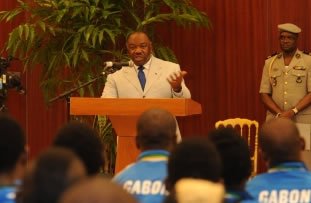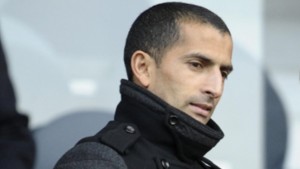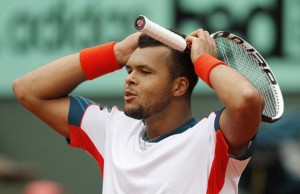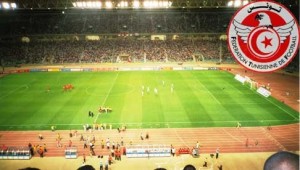Nicolas Anelka found himself at the center of controversy after making a “quenelle” gesture during a match and later defending it on Twitter. The gesture, popularized by the controversial comedian Dieudonné, was perceived by many as openly anti-Semitic.
In response to the growing criticism, Anelka took to Twitter to explain the gesture as a special dedication to his comedian friend Dieudonné. He insisted that the quenelle represented an anti-system sentiment and denied any anti-Semitic or racist intentions.
The controversy escalated as political figures, including former Minister of Sports Chantal Jouanno and current Minister of the Interior Manuel Valls, condemned the gesture. Jouanno called for sanctions against Anelka, describing the quenelle as a Nazi gesture with clear anti-Semitic connotations. Valls expressed his intention to ban Dieudonné’s shows, citing repeated convictions for defamation, insults, and incitement to racial hatred.
Dieudonné, in response to the situation, praised Anelka on Twitter and reiterated that the quenelle was not a Nazi or anti-Semitic sign.
The English Football Association (FA) announced its intention to study Anelka’s gesture, and the player faced the possibility of a suspension of at least five matches if found insulting.
The controversy surrounding Anelka’s actions highlighted the intersection of sports, politics, and cultural sensitivities, underscoring the ongoing debate on freedom of expression, hate speech, and the responsibilities of public figures.










